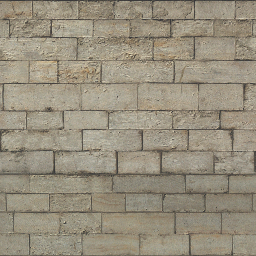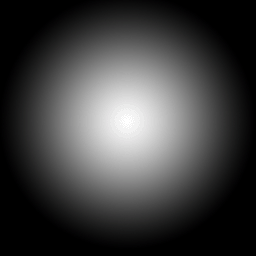-
Notifications
You must be signed in to change notification settings - Fork 411
DualTextureEffect
| DirectXTK | Effects |
|---|
This is a native Direct3D 12 implementation of the built-in DualTextureEffect from XNA Game Studio 4 (Microsoft.Xna.Framework.Graphics.DualTextureEffect) which supports two layer multi-texturing (for light maps or detail textures), vertex color, and fogging.
See also Effects

classDiagram
class EffectFlags{
<<enumeration>>
Fog
VertexColor
}
class IEffect{
<<Interface>>
+Apply()
}
class IEffectMatrices{
<<Interface>>
+SetWorld()
+SetView()
+SetProjection()
+SetMatrices()
}
class IEffectFog{
<<Interface>>
+SetFogStart()
+SetFogEnd()
+SetFogColor()
}
class DualTextureEffect{
+SetDiffuseColor()
+SetAlpha()
+SetColorAndAlpha()
+SetTexture()
+SetTexture2()
}
DualTextureEffect .. EffectFlags
DualTextureEffect --|> IEffect
DualTextureEffect --|> IEffectMatrices
DualTextureEffect --|> IEffectFog
#include <Effects.h>Construction requires a Direct3D 12 device, optional effect flags, and state description:
std::unique_ptr<DualTextureEffect> effect;
RenderTargetState rtState(m_deviceResources->GetBackBufferFormat(),
m_deviceResources->GetDepthBufferFormat());
EffectPipelineStateDescription pd(
&InputLayout,
CommonStates::Opaque,
CommonStates::DepthDefault,
CommonStates::CullCounterClockwise,
rtState);
effect = std::make_unique<DualTextureEffect>(device, EffectFlags::None, pd);For exception safety, it is recommended you make use of the C++ RAII pattern and use a std::unique_ptr or std::shared_ptr
DualTextureEffect supports IEffect, IEffectMatrices, and IEffectFog. EffectFlags::Fog is required to enable fogging.
This effect requires SV_Position, TEXCOORD0, and TEXCOORD1. It requires COLOR if per-vertex colors are enabled (EffectFlags::VertexColor).
-
SetDiffuseColor: Sets the diffuse color of the effect. Defaults to white (1,1,1). Alpha channel (.w component) is ignored.
-
SetAlpha: Sets the alpha (transparency) of the effect. Defaults to 1 (fully opaque). This value is also used for binning opaque vs. transparent geometry.
-
SetColorAndAlpha: Sets the diffuse color of the effect and the alpha (transparency).
-
SetTexture: Associates a texture and sampler descriptor with the effect for the 'base' texture. Can optionally include an alpha channel as well.
-
SetTexture2: Associates a texture and sampler descriptor with the effect for the 'second' texture.
Does not support lighting (EffectFlags::Lighting or EffectsFlags::PerPixelLighting) as it is assumed to be 'baked' into one of the two textures. The EffectFlags::BiasedVertexNormals flag is ignored by this effect.
The EffectFlags::Texture flag is always enabled for this effect, so use or absence of this flag is ignored for this effect.
| Diffuse map | Light map |
 |
 |
All content and source code for this package are subject to the terms of the MIT License.
This project has adopted the Microsoft Open Source Code of Conduct. For more information see the Code of Conduct FAQ or contact opencode@microsoft.com with any additional questions or comments.
- Universal Windows Platform apps
- Windows desktop apps
- Windows 11
- Windows 10
- Xbox One
- Xbox Series X|S
- x86
- x64
- ARM64
- Visual Studio 2022
- Visual Studio 2019 (16.11)
- clang/LLVM v12 - v18
- MinGW 12.2, 13.2
- CMake 3.20